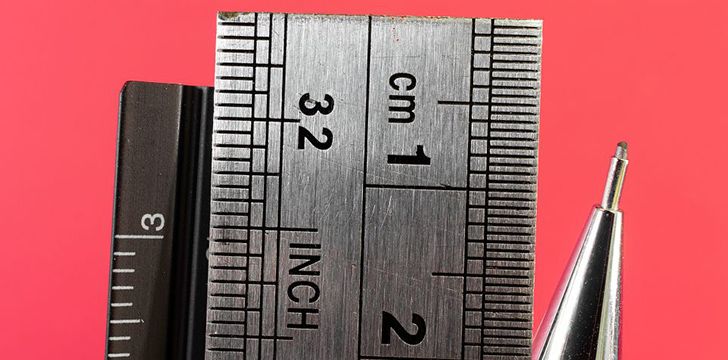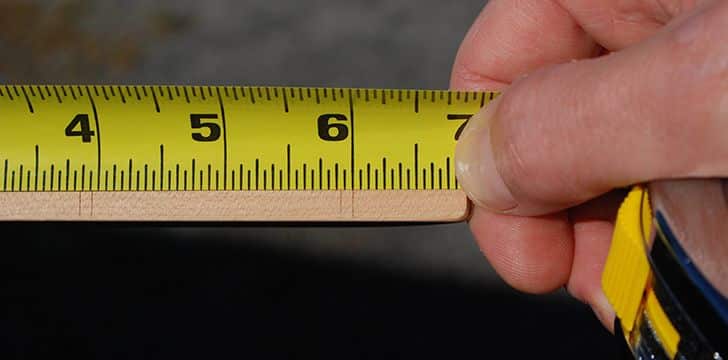Sadly, the United States will probably never be able to adapt to completely using the Metric System, despite the fact that it is significantly easier to understand, and the rest of the world uses it.
Why will the United States never adapt, you ask? Well the easiest answer is that it would take too much time and money – and that the Metric system is used almost as often as the Imperial system.
Let me explain the stubbornness of America:
When the discussion of switching unit systems arose in Congress in 1975, the passage of a bill favoring the metric system was thwarted by big businesses and American citizens who didn’t want to go through the time-consuming and expensive hassle of changing the country’s entire infrastructure.
Many also believed that the United States should keep its particular system, setting it apart from other countries and symbolizing its status as a leader rather than a follower.
What even is the Metric system and what does America use instead?

Most countries use the Metric System, which uses the measuring units such as meters and grams and adds prefixes like kilo, milli and centi to count orders of magnitude.
In the United States, we use the older Imperial system, where things are measured in feet, inches and pounds.
This split system exists for reasons, but arguments about how to create a good national standard of measurement go all the way back to 1790.
The metric system is appealing because it’s so easy

The metric system is based on a measure of 10.
This allows conversions from different units more easily–simply moving a decimal point either to the left or to the right.
For example, 1 millimeter is equal to 0.001 meter; a centimeter, which is a unit 10 times larger than a millimeter, is 0.01 meter.
The basis of the Imperial system is significantly less fluid and numbers vary wildly as there is no set rule to each measurement.
The United States is metric, or at least more metric than most of us realize

Despite the national controversy, American manufacturers have put out all-metric cars, and the wine and spirits industry abandoned fifths for 75-milliliter bottles.
The metric system is, quietly and behind the scenes, now the standard in most industries, with a few notable exceptions like construction.
Its use in public life is also on the uptick, as anyone who has run a “5K” can tell you.
America has been creeping towards metrification almost since the country was founded.
In Conclusion
In modern times, most have accepted a joint unit system—teaching children in school both the traditionally used IS system and the metric system that most of the rest of the world uses.
This is why U.S. measuring sticks, or rulers, often contain both inches and centimeters.
Unfortunately for metrics fans, widespread acceptance of joint use also means that there likely will be no official phasing out of the US system anytime soon.


















